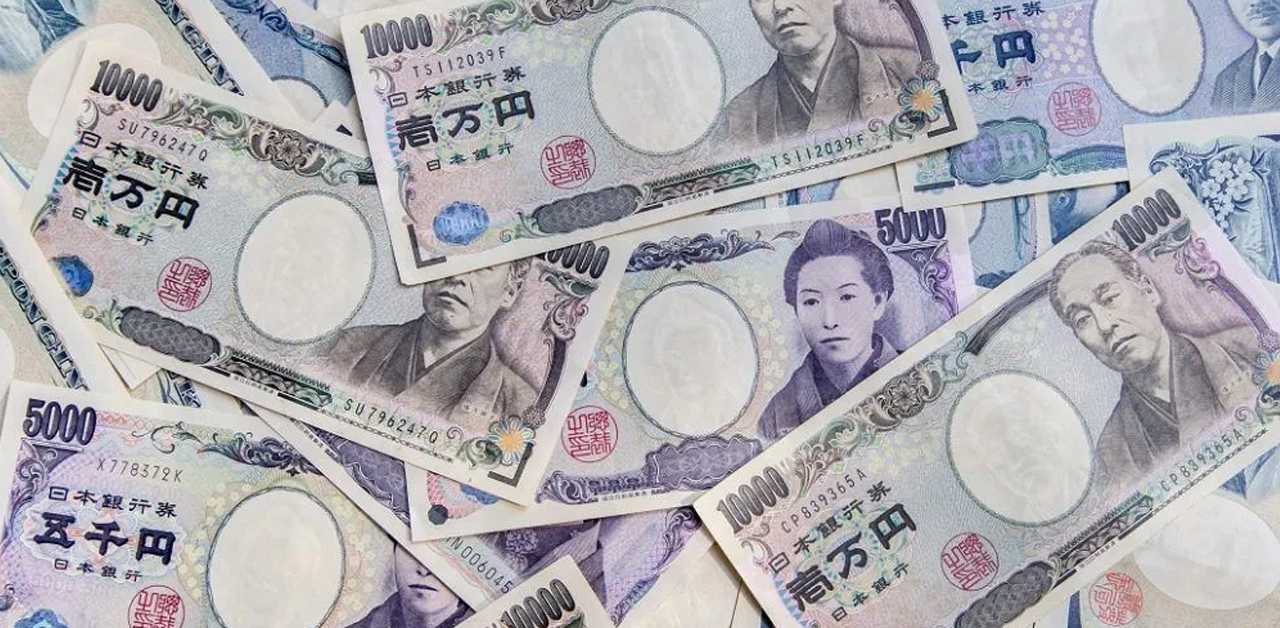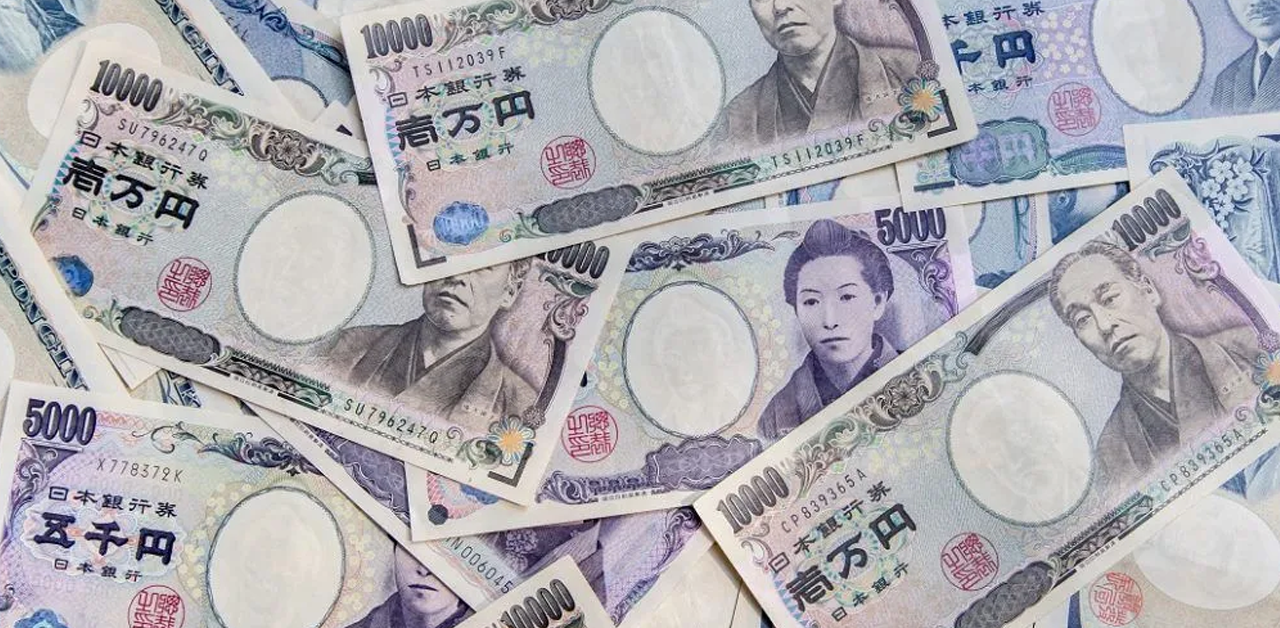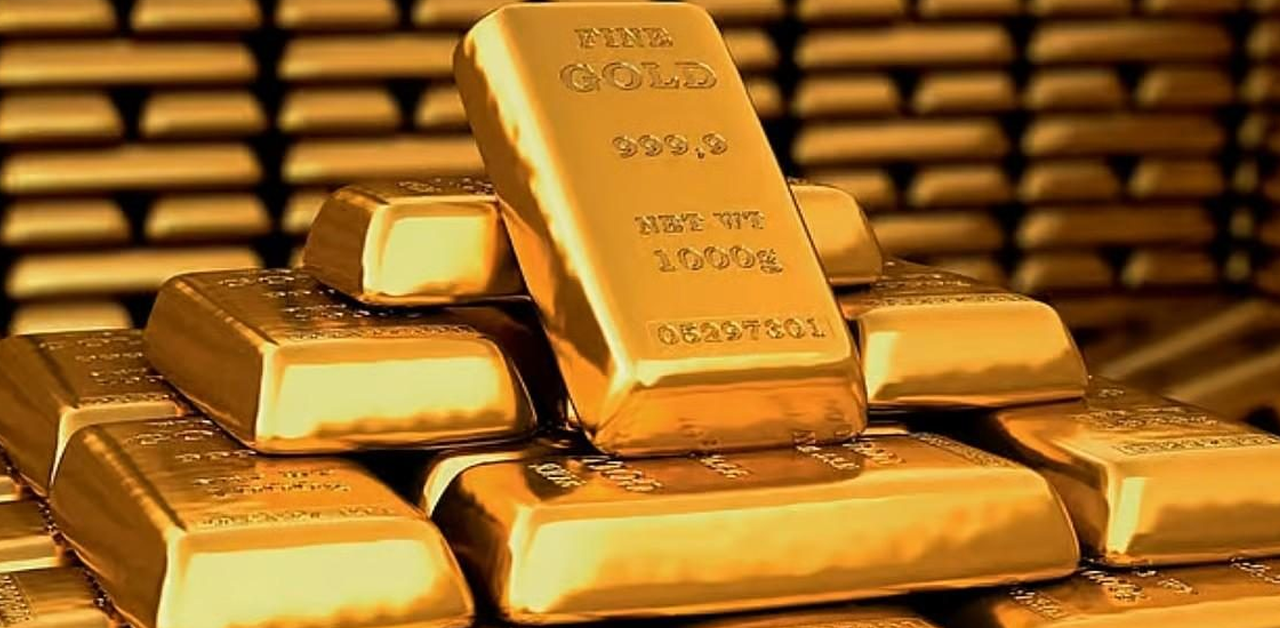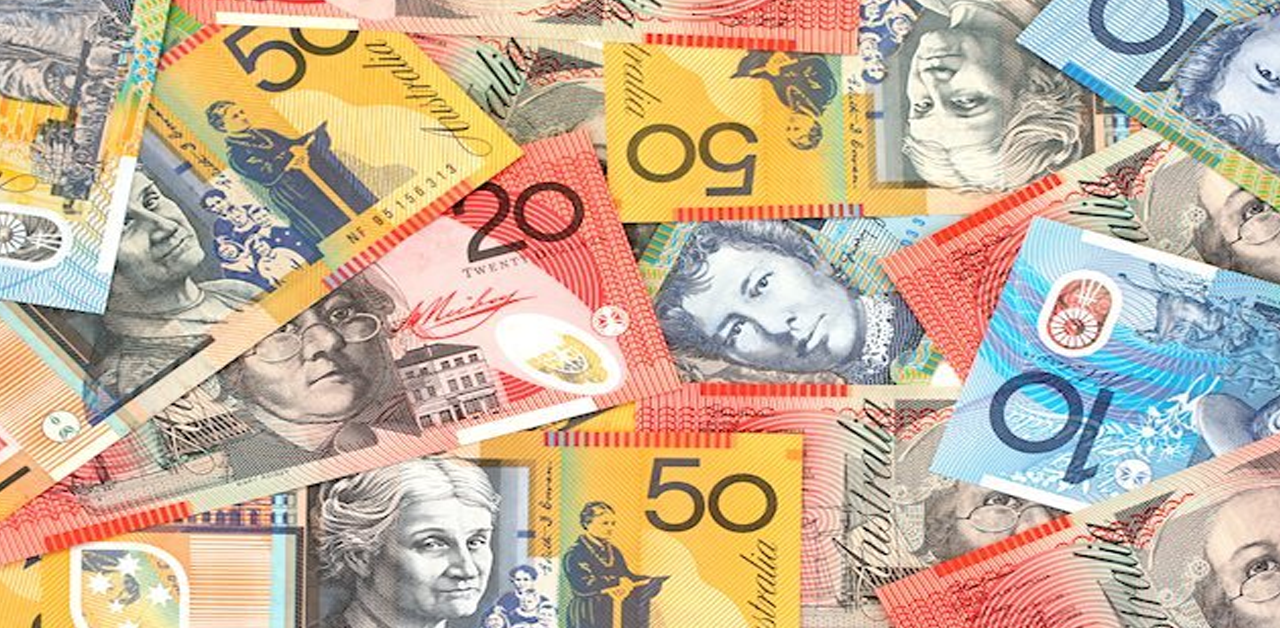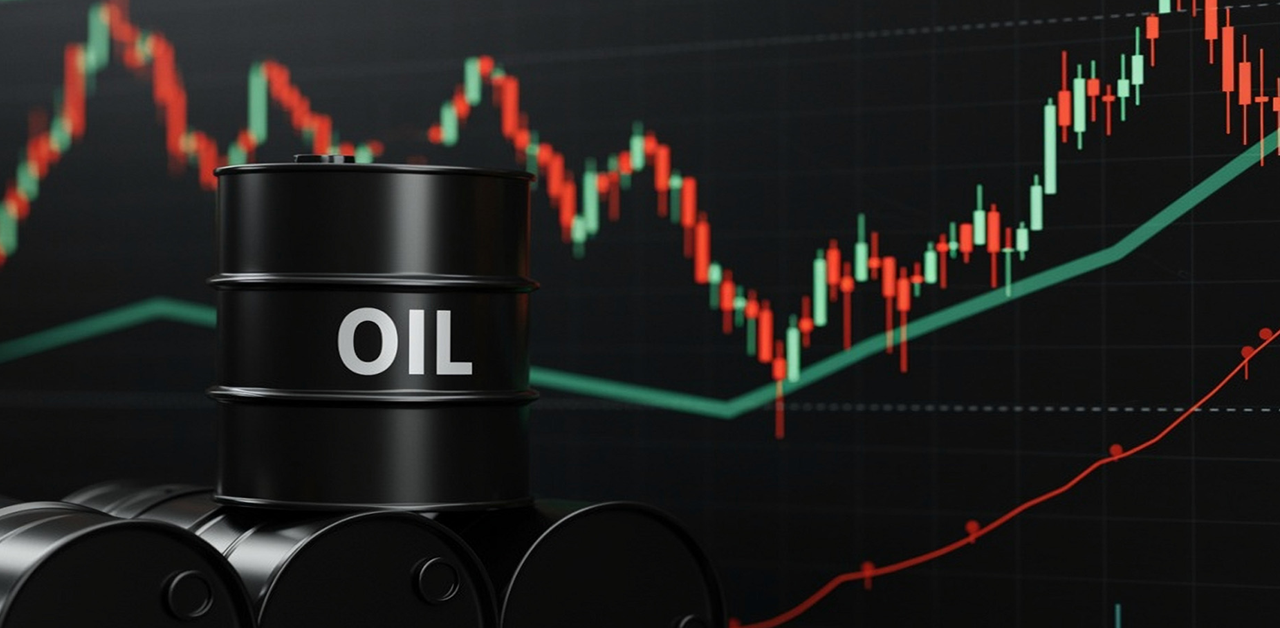UK Inflation Hits 3-Year Low; PM Sunak Prioritizes It for July 4 Election
In April, the UK experienced a significant decrease in inflation, reaching its lowest level in nearly three years, primarily due to substantial reductions in domestic bills, according to official statistics released Wednesday. This decrease prompted Prime Minister Rishi Sunak to schedule a general election for July 4.
The Office for National Statistics reported that the annual consumer prices index dropped to 2.3% in April, a decline from 3.2% in March. This marked the lowest inflation rate since July 2021, a period still affected by the global economic repercussions of the coronavirus pandemic. This reduction brings inflation closer to the Bank of England’s target rate of 2%, intensifying the pressure on its nine-member rate-setting panel to lower interest rates from the current 16-year peak of 5.25%.
With the Bank of England’s next rate-setting meeting scheduled for June 20, many economists anticipate a cut in borrowing costs. However, persistent concerns among some panel members about price increases in the critical services sector and wage growth rates suggest that a rate cut might be deferred until August to avoid a premature reduction that could trigger a rebound in inflation.
Despite the notable decrease in inflation, it has not fallen as much as some economists had hoped, indicating that the UK’s severe cost of living crisis, described as the worst in around 40 years, is far from over. Lower inflation simply means that prices are increasing at a slower pace than before, but the overall financial pressure remains significant.
James Smith, the research director at the Resolution Foundation, commented on the complexity of the inflation figures. He noted that while it is positive news that headline inflation has returned to more typical levels, it’s disappointing that price pressures haven’t eased further and that services inflation has been more resilient than expected.
Inflation had soared to over 11% at the end of 2022 following Russia’s invasion of Ukraine, which led to sharp increases in energy costs. Over the last couple of years, prices for goods and services have risen by 15%, with food prices increasing by about 25%.
In response to these pressures, the Bank of England, similar to the U.S. Federal Reserve and other global central banks, had previously raised interest rates sharply from near zero in late 2021 to combat inflation initially fueled by supply chain disruptions during the pandemic and later by geopolitical tensions.
These higher interest rates have played a role in cooling the economy by making borrowing more expensive, which in turn reduces spending and helps to control inflation. Recent data indicates that the British economy has begun to grow again.
The Conservative Party, currently governing the UK, hopes that the combination of lower inflation and economic recovery will generate a positive mood among voters ahead of the upcoming general election, despite opinion polls showing the main opposition Labour Party in the lead. During his election announcement, Sunak highlighted the return to normal inflation levels, suggesting that this trend would alleviate price pressures and reduce mortgage rates.
Conversely, Labour’s economy spokesperson, Rachel Reeves, cautioned against premature celebration, indicating that the situation remains challenging for many across the country.

